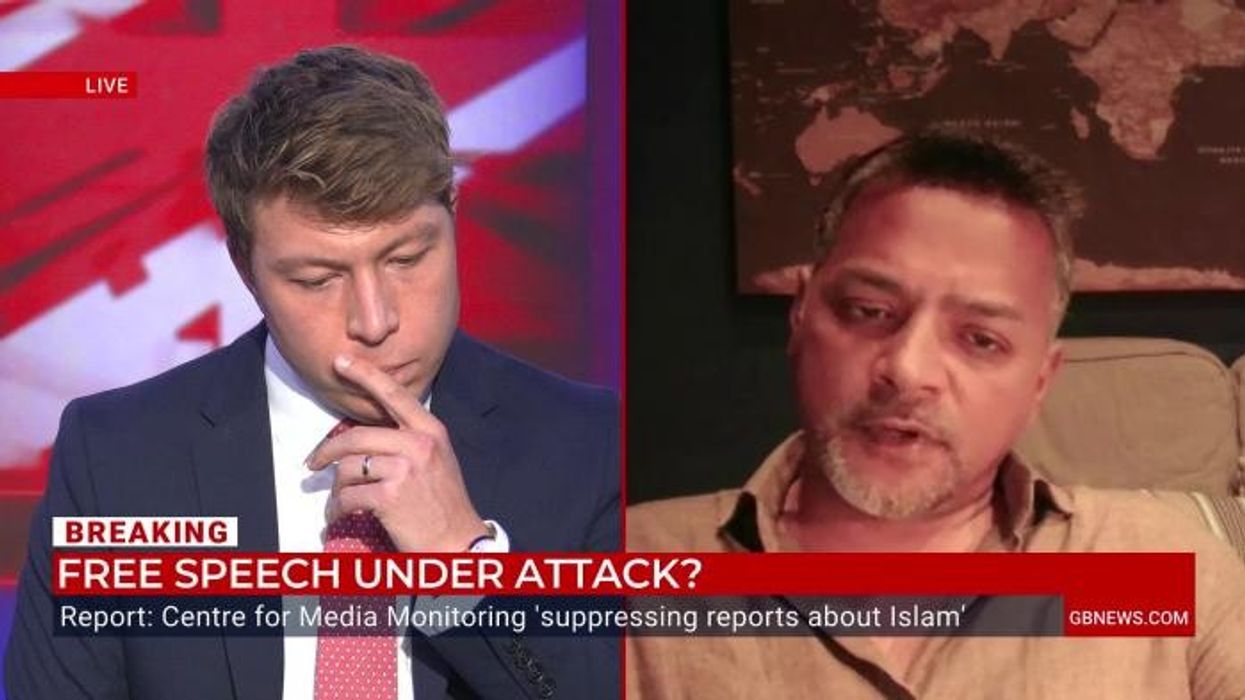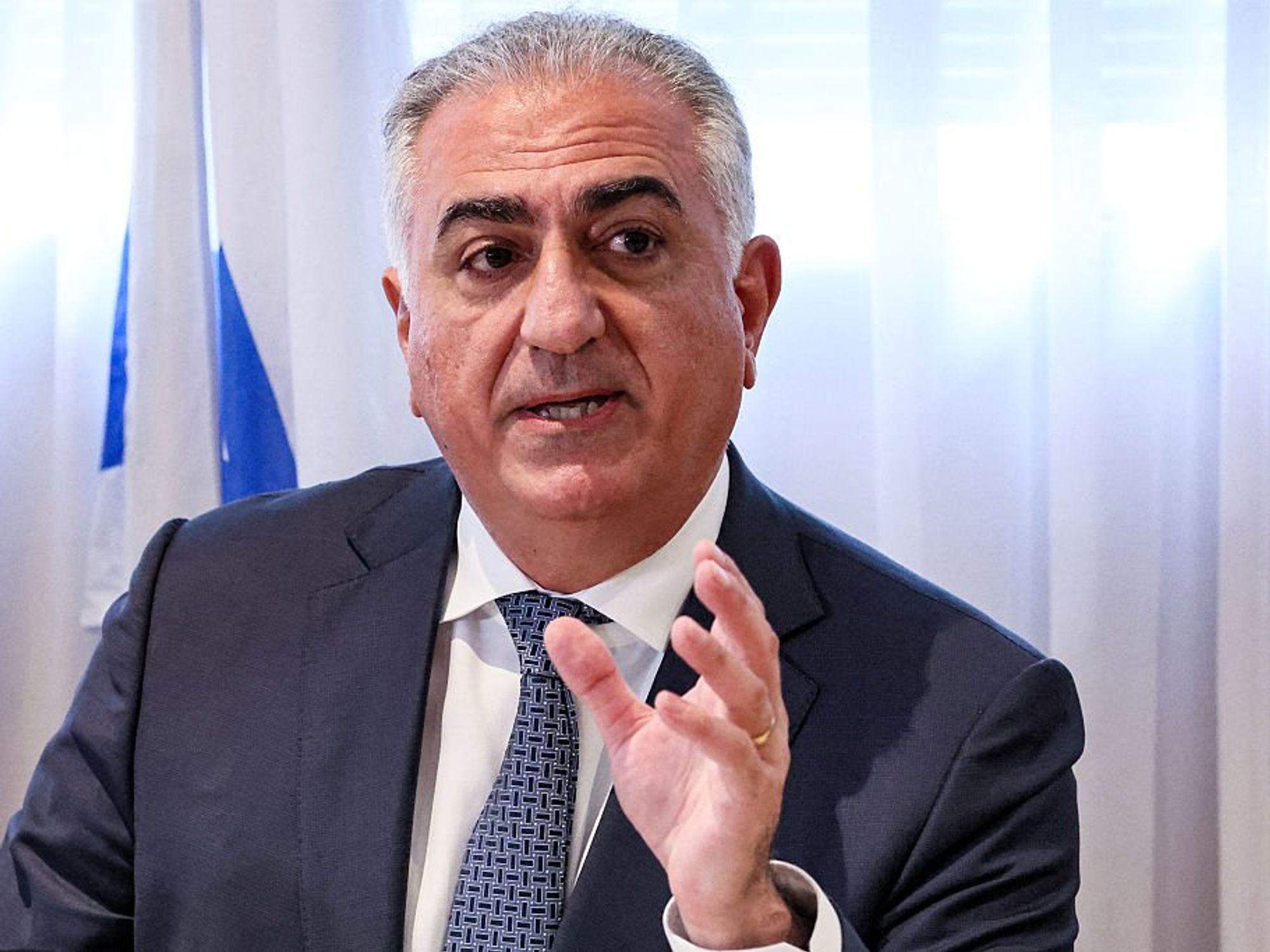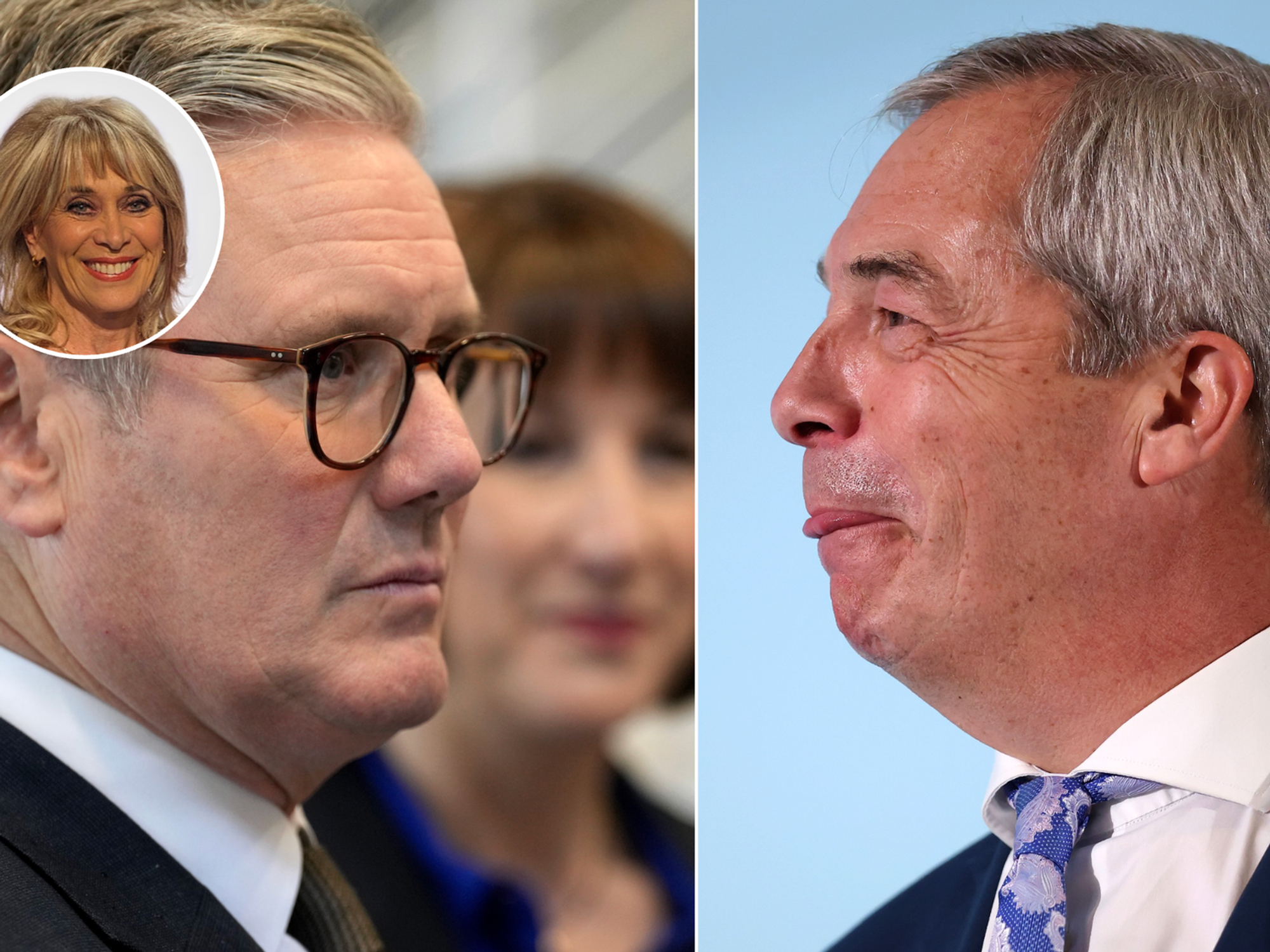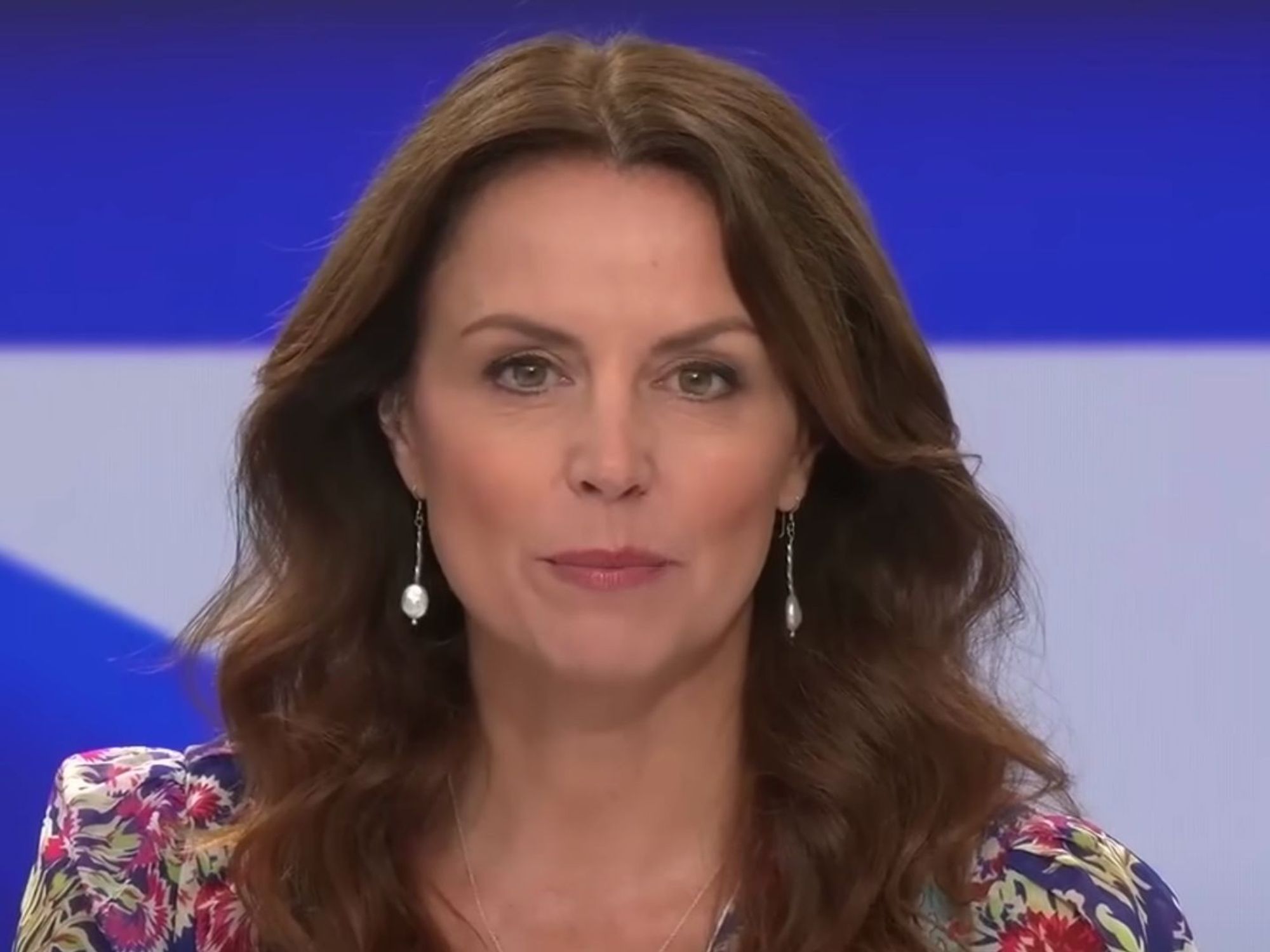'Put a target on my back!' Patrick Christys demands apology from Muslim Media Monitoring Centre for misquotes: 'Put my family at risk'

The GB News host explained that CfMM had misrepresented his journalism by conflating his coverage of legitimate security threats with anti-Muslim rhetoric
Don't Miss
Most Read
Trending on GB News
Patrick Christys has claimed that the Centre For Muslim Media Monitoring "put a target on my back" by falsely attributing quotes to him.
Patrick explained that CfMM had misrepresented his journalism by conflating his coverage of legitimate security threats with anti-Muslim rhetoric.
The GB News presenter said the organisation's actions "helped to put a target on my back—which is a very real thing."
"What they would class—in their view—as an inflated conversation about Islam, as in just the religion of Islam, actually included things I'd said about real terrorist attacks," he said.
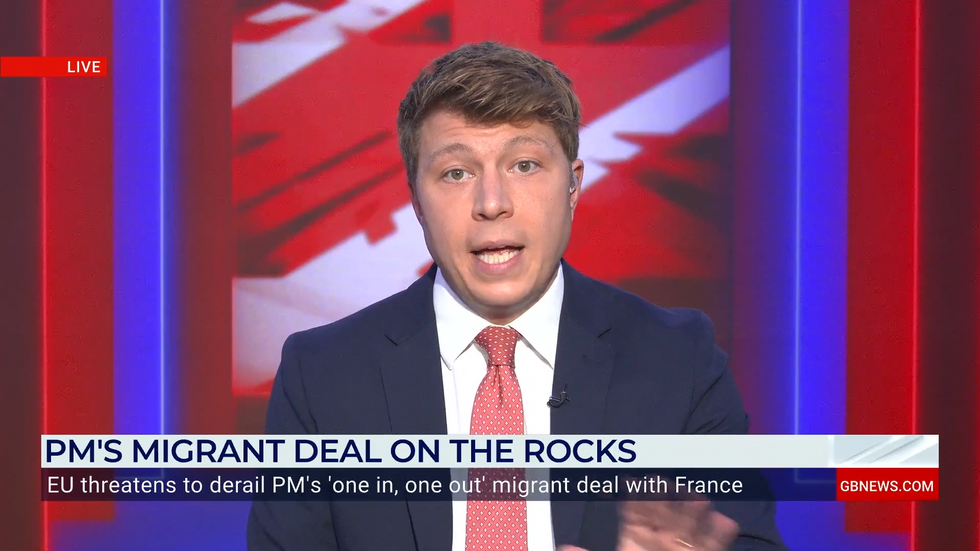
He cited examples including "the Christmas market atrocities" and "reports from MI5 about Iranian sleeper cells" that were wrongly categorised.
|GB NEWS
He cited examples including "the Christmas market atrocities" and "reports from MI5 about Iranian sleeper cells" that were wrongly categorised.
"They lumped it together and claimed, 'This is how many times Patrick has banged on about Muslims,' which isn't really true, is it?" Patrick explained.
The organisation's complaints extended beyond terrorism coverage to include criticism of accurate reporting on grooming gangs.
Policy Exchange revealed that CfMM published a report attacking GB News for "routine delegitimisation of Islam and Muslims," specifically referencing coverage of "so-called grooming gangs".
The think tank noted this came despite "multiple court cases and official reports" establishing that grooming gangs were real, with evidence showing British Muslims, particularly British-Pakistanis, were overrepresented among offenders.
CfMM also complained it was "misleading" to call British ISIS executioner Mohammed Emwazi, known as Jihadi John, a terrorist because he was never convicted.
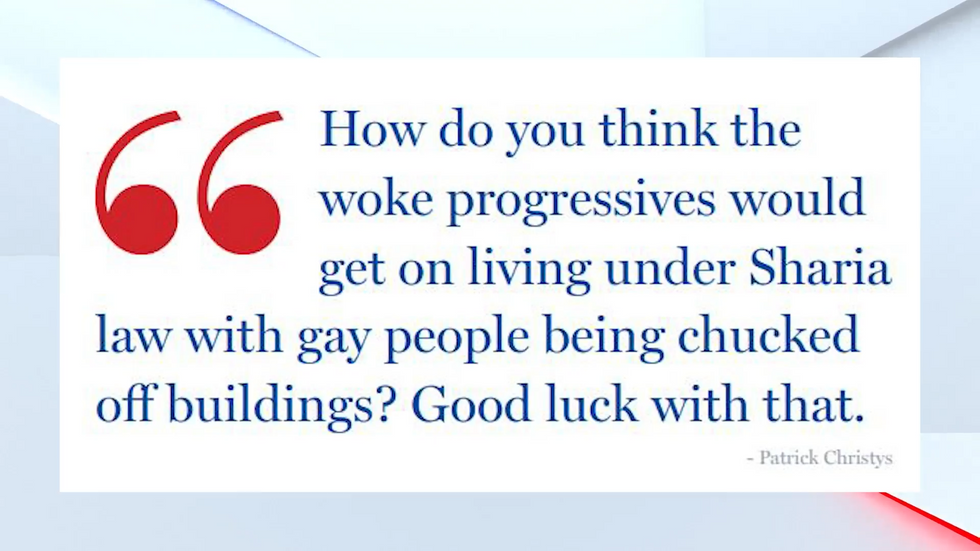
Patrick claimed that he "was not even in the country" at the time he was quoted
|GB NEWS
Concerns are mounting about CfMM's growing influence despite its flawed research methods, with major media organisations engaging with the group.
BBC news content director Richard Burgess spoke at the media monitoring unit's meeting in Parliament last month, while The Guardian has cited CfMM's inaccurate research concerning GB News.
Policy Exchange report authors Andrew Gilligan and Damon Perry warned that the organisation "should not be engaged with or taken at face value by journalists, regulators or anyone else."
The Muslim Council of Britain created CfMM in 2018 to promote "fair, accurate and responsible reporting of Muslims and Islam" and "change the narrative" about them.
GB News found evidence suggesting the group recently altered website language about its connection to the Muslim Council of Britain, which had opposed the UK Government's ban on 21 terror groups in 2001.
In response to the Policy Exchange report, a spokesman for the Centre for Media Monitoring said: “This report is nothing but a politically motivated hitjob, riddled with inaccuracies, distortions and smears.
"It comes from an organisation that has long sought to influence our media into negatively framing British Muslims.
"We’re not surprised they’re upset as we call them out. They misrepresent our record, do not deal with the facts we present, and rely on guilt by association. Every major accusation falls apart under scrutiny.
"It’s laughable that they accuse us of censorship when our vision is simply responsible reporting of Islam and Muslims – is that really too much to ask?
"We stand by our rigorous findings and commitment to journalism serving the public interest.
"The Policy Exchange report includes a series of fabrications and in some cases defamatory claims. We do urge you to check their claims independently before repeating."


